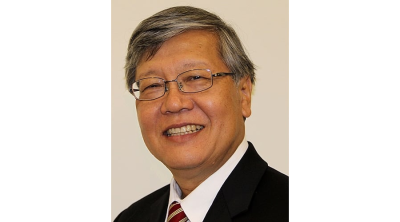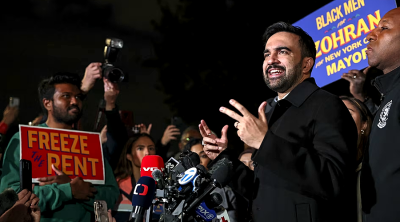
By Amanda Yeo
With more than a week to Polling Day, the optimism of the Election Commission (EC) there will be a 70% voter turnout during the upcoming Sabah state election does not reflect the reality on the ground due to the worrying trend of a spike in COVID-19 infections.
It is expected around 1.12 million eligible voters will be casting their ballot.
But the recent emergence of the Benteng Lahad Datu cluster in the state might scare some Sabahans away from voting on Sept 26. This cluster was first discovered on Sept 1 with seven people infected.
By last Wednesday (Sept 9), the cluster has a total of 130 people infected. This has worsened to a total of 420 infections as of Sept 14 when 17 people were infected.
We have seen in Kedah how one cluster of COVID-19 infection can spread to neighboring Perlis and northern Penang.
The recent spike of COVID-19 cases in the districts of Tawau and Lahad Datu serve to heighten the low voter turnout in the respective constituencies. There is the fear that it might be difficult for voters to apply physical distancing measures on polling day itself when there are long queues at polling centers.
Several groups might contribute to the low voter turnout in the Sabah election.
Firstly, senior citizens are particularly the most vulnerable group to infectious diseases, especially those with other underlying chronic health conditions. Due to health concern, they might not choose to vote to reduce the risk of contracting COVID-19.
Secondly, for Sabahans who are originally from rural constituencies, they might feel it's time- and cost-consuming going back to their constituencies just for the sake of voting. There is a high possibility of exposure to the virus when they travel via air or road.
Not to mention with the COVID-19 virus overshadowing the election, some families might choose to avoid the crowd at polling centers and thus, do not vote.
The COVID-19 pandemic may also affect voter turnout in an indirect way. As a result of the pandemic, some Sabahans in the Peninsula became jobless. They would be more preoccupied with struggling to get by as they look for a new job, rather than returning to Sabah to vote.
This is despite the price of airfare appears to have normalized recently, and a check for a one-way ticket from Kuala Lumpur to Kota Kinabalu can cost as low as below RM200.
Although some have been calling for postal voting among Sabahans in the Peninsula which number around 25,000 registered voters including those civil servants from Sabah, and Sabahans who reside abroad, the EC is not planning to extend postal voting to these group of voters.
Another factor that may result in a lower voter turnout is when some residents might find it particularly troublesome to vote based on the specific timing suggested by the EC. Some families who are staying in the same house together have been given a different voting time.
For instance, a family member living in the same house was given the slot of 8am to 10am to vote, whereas another family member, also residing in the same house, was given the time slot of between 2pm to 4.30 pm to vote. This makes the voting process more complicated.
Hence, different voting time suggested by the EC might hinder families who are staying together to go out to vote. Some family members might just feel can't be bothered to vote separately.
Yet another factor for low voter turnout is the youth's disillusionment in politics. Many young voters may not be planning to vote as they feel it's meaningless to vote candidates who might party-hop after winning.
They are particularly tired about the sweet promises as at the end of the day, there is this perception that politicians are fighting among themselves for their self-interests instead of prioritizing the people's needs.
Moreover, their desire to topple down Barisan Nasional (BN) during the 14th General Election (GE14) may be muted now when the Warisan-led state government did not manage to fully or effectively resolve and mitigate socio-economic issues such as job prospects among the youths and basic infrastructure access among rural residents in its 26-month rule.
Now, even though the recent Chini and Slim by-elections reflected higher voter turnout at 73.87 and 68.4 per cent respectively, this does not mean that a similar pattern will be repeated in Sabah.
The scale of the Sabah state election is relatively larger compared to Chini and Slim whereby 73 state seats are to be contested.
Also, unlike GE14, there is an additional 13 state seats to be contested in Sabah. Voters' inclination and turnout regarding these additional state seats cannot be ascertained this time around as many factors come into play, some of which have changed since.
However, no matter how challenging the situation is the political parties and independent candidates are expected to proactively influence and motivate the voters' behavior to come out to vote on Sept 26.
(Amanda Yeo is Research Analyst at EMIR Research, an independent think tank focused on strategic policy recommendations based on rigorous research.}
ADVERTISEMENT
ADVERTISEMENT


































